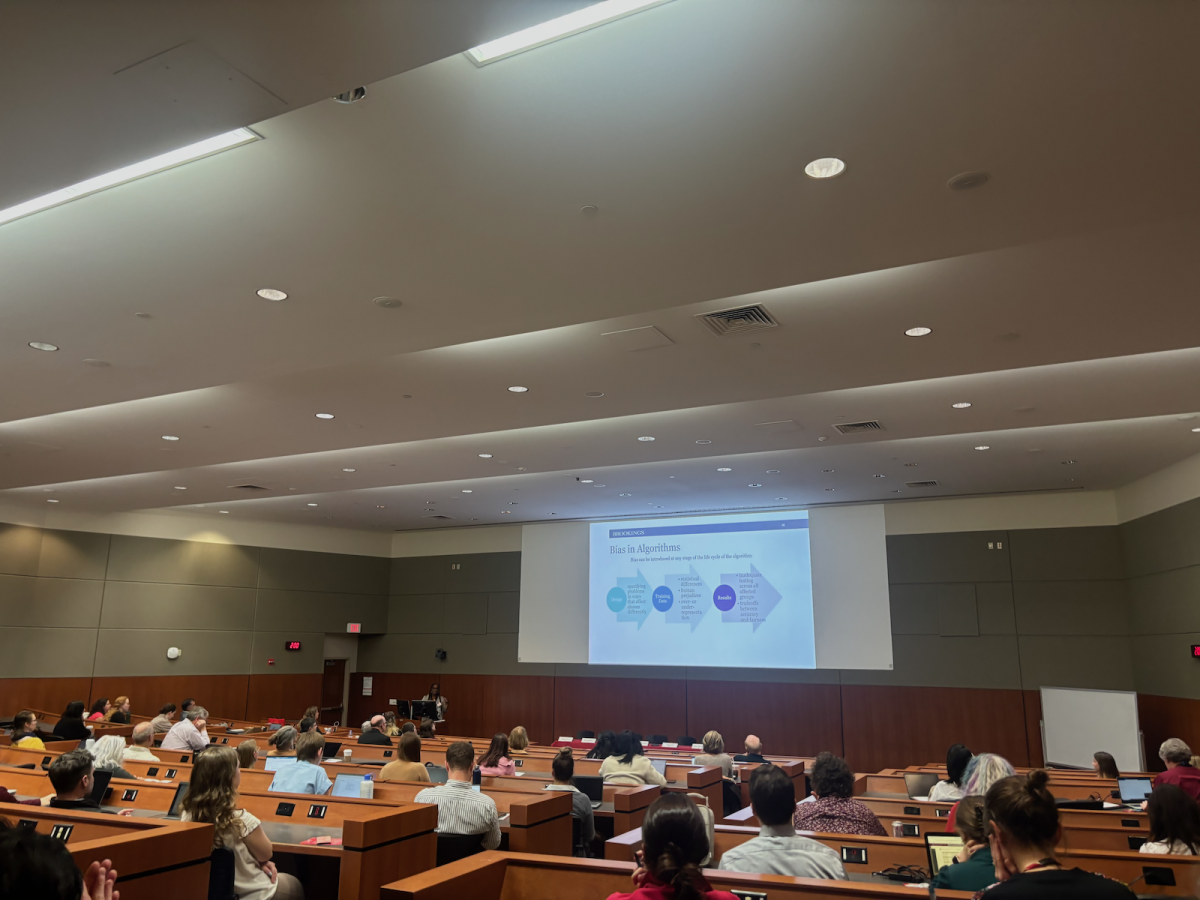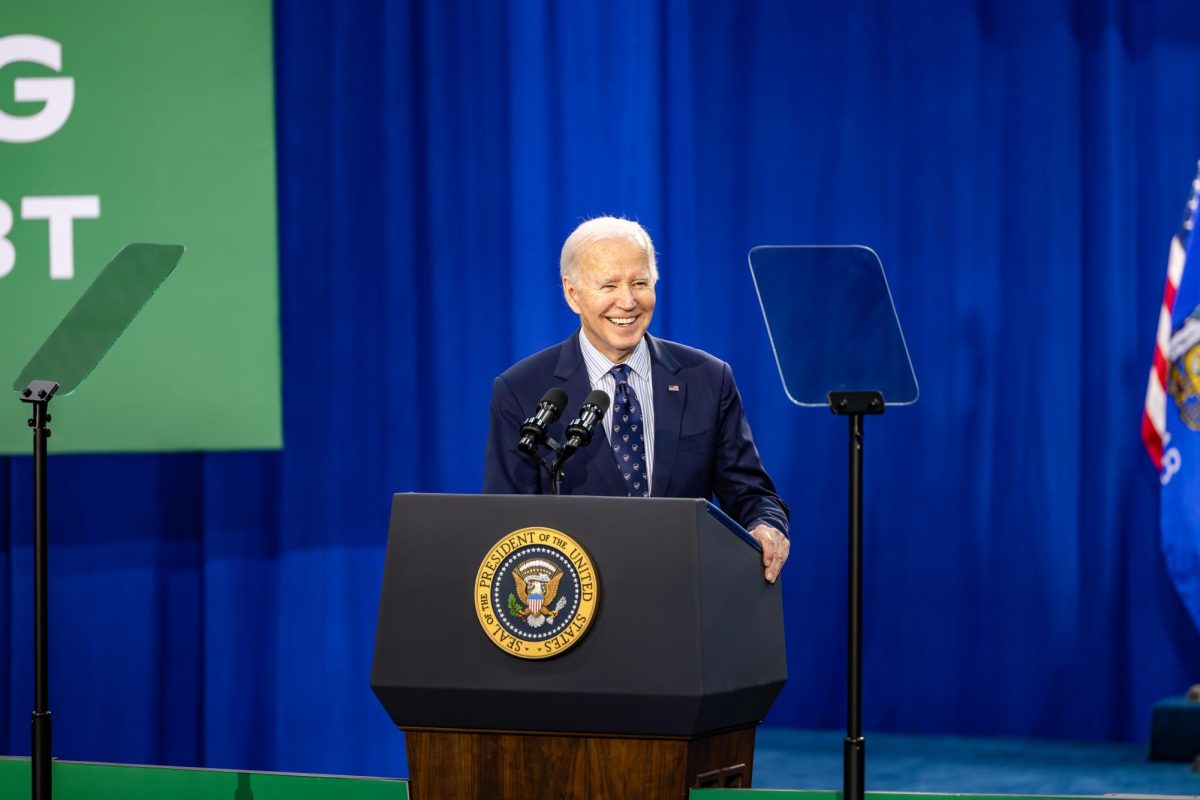The Wisconsin Supreme Court held its first oral arguments Monday on the constitutionality of the 2011 collective bargaining law after a Dane County Circuit Court judge blocked the law’s enforcement.
Madison Teachers, Inc., a local teachers’ union suing the state, claims the law violates an individual’s constitutional right to association.
“This isn’t a benign provision,” attorney Lester Pines, representing MTI, said. “This provision is designed to make it impossible, practically, for people who have chosen to exercise their constitutional right to association to continue to exercise it.”
Attorney General J.B. Van Hollen, litigating for the state, said it has been established that there is no constitutional right to collective bargaining.
According to Van Hollen, there is no undue burden placed upon individuals who accept the collective bargaining structure mandated in Act 10.
“There is a right to association only if there’s intention of advancing a fundamental First Amendment right, which collective bargaining is not,” he said.
All individuals have the right to seek a higher wage than the limit set in Act 10, but they do not have the right to collectively bargain for such a wage, according to Van Hollen.
In addition, he said any individual is able to negotiate the terms of their employment and benefits, just not through their official collective bargaining unit.
M. Nicol Padway, an attorney for MTI, said Act 10 violates the Home Rule Amendment to the Constitution that delegates significant authority to local government.
Noting that the Milwaukee Employee Retirement System would be restricted in providing pensions with the implementation of Act 10, Padway said Home Rule is meant to give cities the ability to address specific needs locally.
“Act 10 has taken a tool away from municipalities in how they negotiate. Well, they can’t negotiate anymore,” Padway said.
Tamara Packard, also representing MTI, added it was too late for the state to seek a stay of judgment from the court.
A stay would allow the provisions of Act 10, which were suspended following two 2012 rulings that the law was unconstitutional, to be fully implemented.
“A legislative act that is contrary to the Constitution is not law,” Packard said. “The commissioners and governor had no authority to implement provisions of Act 10 that had been declared to be unconstitutional.”
Kevin St. John, deputy attorney general, said the justice system’s blocking the implementation of Act 10 would cause “irreparable harm” to the state and public interest.
“The longer this court does not act, the longer there will be uncertainty, and the individual employees will not have the ability through annual elections to choose their collective bargaining representatives,” St. John said.














